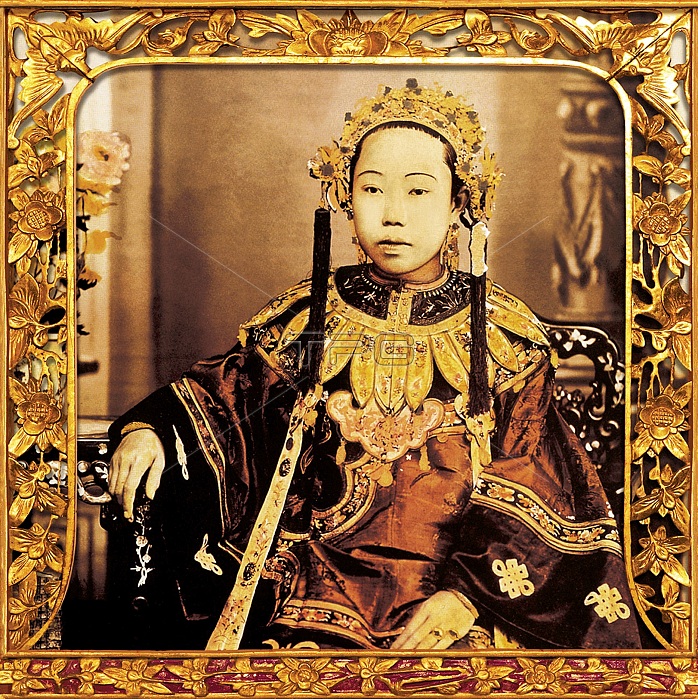
Peranakan Chinese and Baba-Nyonya are terms used for the descendants of late 15th and 16th-century Chinese immigrants to the Indonesian-Malay Archipelago during the Colonial era. Members of this community in Melaka address themselves as 'Nyonya Baba' instead of 'Baba-Nyonya'. Nyonya is the term for the women and Baba for the men. It applied especially to the ethnic Chinese populations of the British Straits Settlements of Malaya and the Dutch-controlled island of Java and other locations, who had adopted partially or in full Malay customs to be somewhat assimilated into the local communities. In colonial times they were the elites of Singapore, arguably more loyal to the British than to China. Most have lived for generations along the straits of Malacca and not all intermarried with the local Indonesians and Malays. They were usually traders, the middleman of the British and the Chinese, or the Chinese and Malays, or vice versa because they were mostly English educated. Because of this, they almost always had the ability to speak two or more languages. In later generations, some lost the ability to speak Chinese as they became assimilated to the Malay Peninsula's culture and started to speak Malay fluently as a first or second language. While the term Peranakan is most commonly used among the ethnic Chinese for those of Chinese descent also known as Straits Chinese (named after the Straits Settlements), there are also other, comparatively small Peranakan communities, such as Indian Hindu Peranakans (Chitty), Indian Muslim Peranakans (Jawi Pekan) and Eurasian Peranakans (Kristang or Christians).
| px | px | dpi | = | cm | x | cm | = | MB |
Details
Creative#:
TOP27282282
Source:
達志影像
Authorization Type:
RM
Release Information:
須由TPG 完整授權
Model Release:
No
Property Release:
No
Right to Privacy:
No
Same folder images:

 Loading
Loading